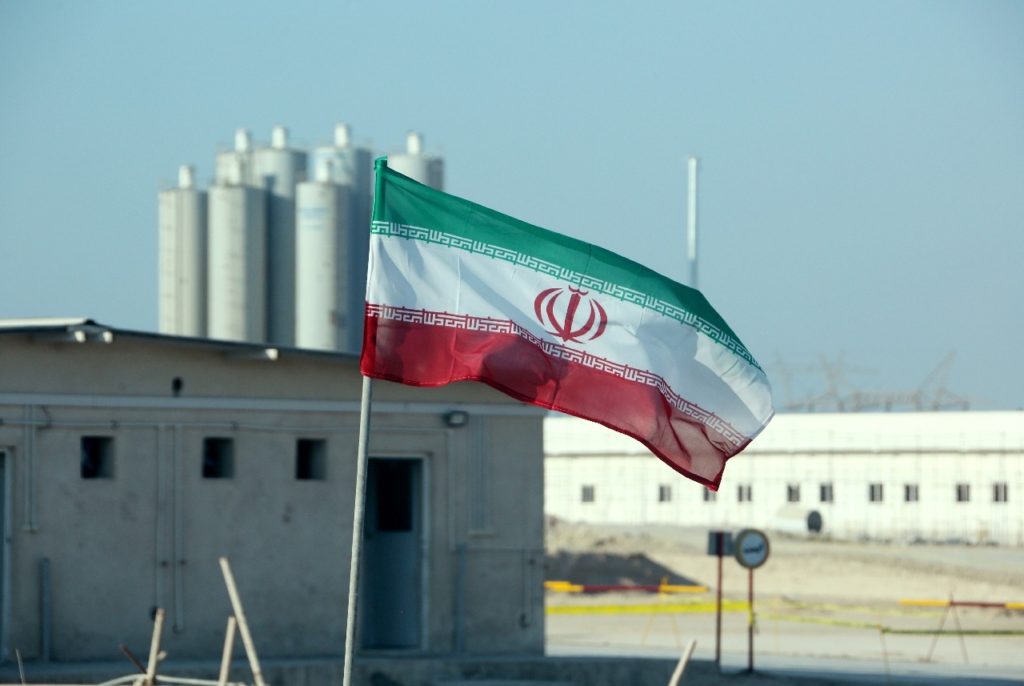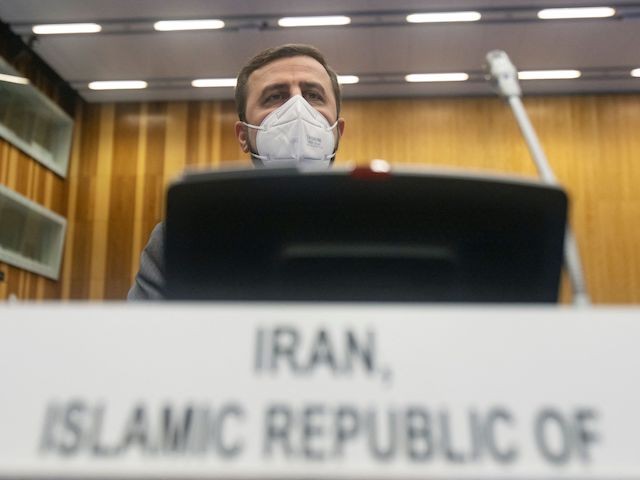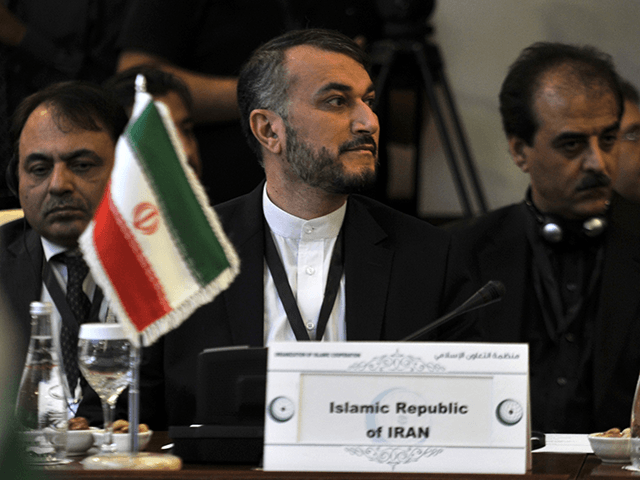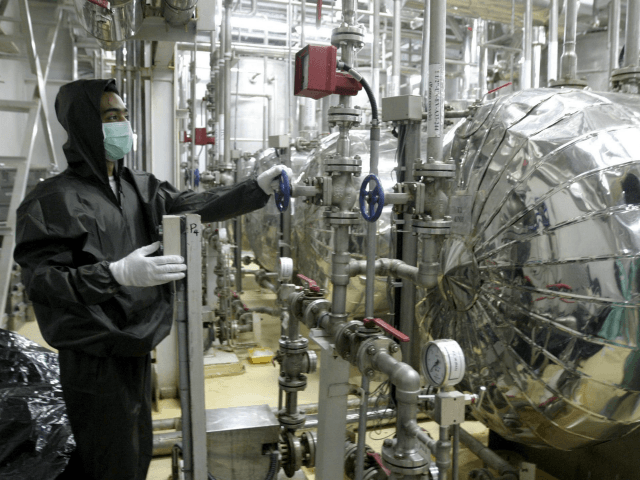The U.S. on Monday accused Iran of violating an agreement made only two weeks ago by barring International Atomic Energy Agency (IAEA) inspectors from a workshop where uranium enrichment centrifuges are produced. The U.S. threatened Iran with “diplomatic retaliation” if it continues obstructing inspectors.
The centrifuge facility at TESA Karaj became a major concern for the IAEA in June when monitoring cameras at the site were apparently sabotaged and removed by the Iranians. Footage from one of the destroyed cameras remains unaccounted for.
The Iranian government claimed Israeli agents were responsible for the sabotage operation that damaged the IAEA cameras.
The IAEA complained Iran was not allowing it to access monitoring cameras at several nuclear facilities, even though their memory cards were filling up with data. On September 12, just as pressure to censure Iran was building at the IAEA, the Iranians made an agreement that would allow inspectors to service the cameras and pull their memory cards, including the camera system at TESA Karaj.

A picture taken on November 10, 2019, shows an Iranian flag in Iran’s Bushehr nuclear power plant, during an official ceremony to kick-start works on a second reactor at the facility. (Atta Kenare/AFP via Getty Images)
On Sunday, IAEA inspectors arrived at Karaj and were given access to parts of the facility, but not the uranium centrifuge workshop.
The European Union (EU) called the incident a “worrying development” and said Iran’s behavior was “contrary” to the September 12 agreement.
The U.S. said it was “deeply troubled by Iran’s refusal to provide the IAEA with the needed access to service its monitoring equipment.”
“We call on Iran to provide the IAEA with needed access without further delay. If Iran fails to do so, we will be closely consulting with other board members in the coming days on an appropriate response,” the U.S. statement to the 35-member IAEA Board of Governors said.
Iran’s envoy to the IAEA, Kazem Gharibabadi, angrily insisted the Karaj workshop was not covered by the September 12 agreement because the site is still under investigation by Iranian authorities following the sabotage attack.
“Any decision taken by Iran on monitoring equipment is only based on political rather than legal considerations and the Agency cannot and should not consider it as one of its entitlements,” Gharibabadi said.

Iran’s Governor to the International Atomic Energy Agency (IAEA), Kazem Gharib Abadi, attends a meeting of the IAEA Board of Governors at the agency’s headquarters in Vienna, Austria, on September 13, 2021. (Alex Halada/AFP via Getty Images)
The Iranian envoy said the IAEA’s report of non-compliance at Karaj was “not accurate” and “goes beyond the agreed terms” of the September 12 agreement.
“Sunday’s announcement could indicate either that there will be multiple additional bumps before a restoration of serious negotiations to end the Islamic Republic’s violations, or that there was no real deal, only a tactical move by Tehran to delay the West from cracking down on it,” the Jerusalem Post mused.
Most observers believe the IAEA is struggling to avoid a formal censure that could anger the Iranians and end all hope of restoring the Joint Comprehensive Plan of Action (JCPOA) nuclear deal.
Iranian Foreign Minister Hossein Amirabdollahian teased on Saturday that the deal could still be revived and Tehran intends to return to negotiations “very soon,” but added that Iran does not define “soon” the same way Westerners do.
“The difference between Iranian and Western ‘soon’ is a lot. To us, ‘soon’ means really in the first opportune time – when our reviews have been completed,” Amirabdollahian said at the U.N. General Assembly in New York. “What is important is our determination to return to the talks, but those that are serious and guarantee the Iranian nation’s rights and interests.”

Iranian Deputy Foreign Minister Hossein Amir-Abdollahian attends a meeting of the Organisation of Islamic Cooperation OIC on June 16, 2015, in the Saudi Red Sea city of Jeddah. (AFP via Getty Images)
“I remind you of the West’s promises, such as repeatedly promising they would ‘soon’, ‘in a few months,’ implement the INSTEX,” he said sarcastically.
INSTEX (Instrument in Support of Trade Exchanges) is a European financial transaction system that was intended to allow Iran to circumvent U.S. sanctions. It completed its first test transactions in March to export medical devices from Europe to Iran. The Iranians want INSTEX expanded to handle transactions far beyond humanitarian aid, and have blamed the Europeans’ “lack of courage” for failing to fully implement the system.

COMMENTS
Please let us know if you're having issues with commenting.